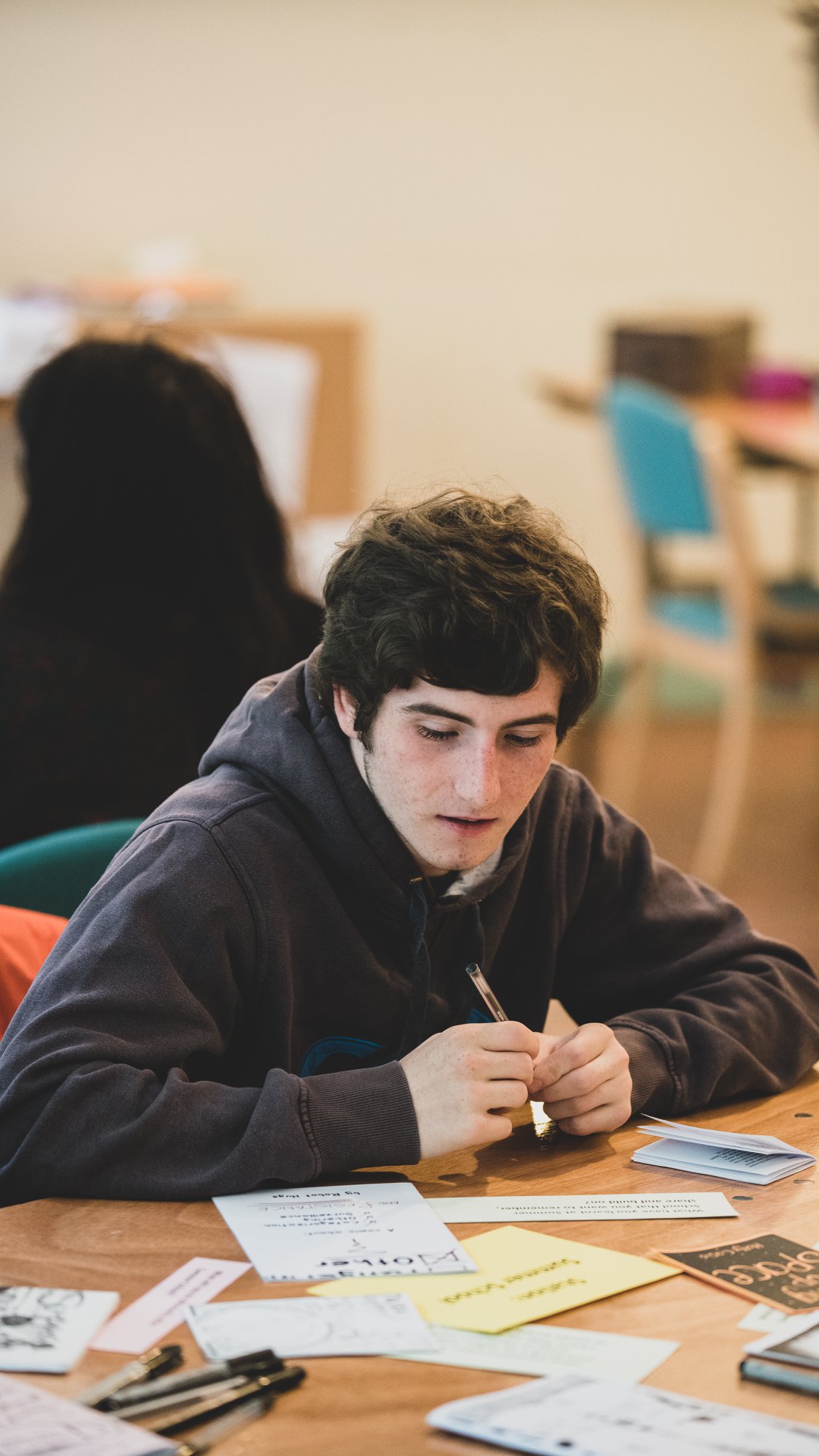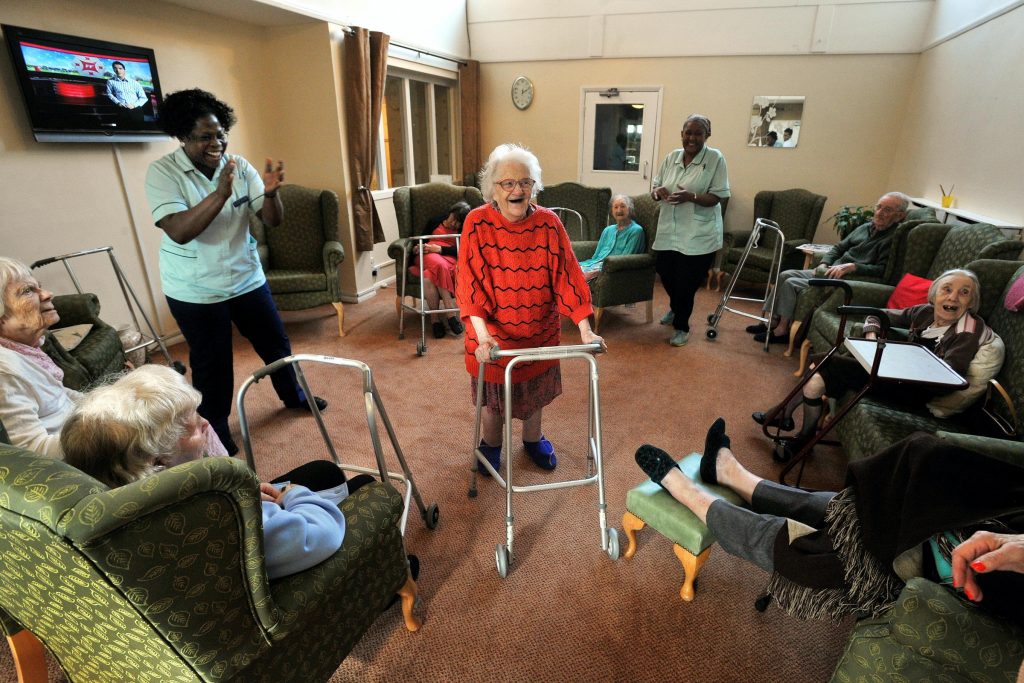
I usually work as a lifeguard. I sit at the side of the pool and watch people swim up and down. Occasionally, I’ll tell some kids that ‘no’, they can’t dive headfirst into other swimmers, then I go back to watching the pool. When the COVID-19 outbreak began I thought I was going to be out of a job due to being on a zero hours contract. Every casual worker for South Lanarkshire Leisure and Culture was in the same boat.
People were annoyed at this, to say the least. We had been told that we were to work any shifts we had over the next 24 hours and after that we were on our own, but the casual workers decided to do something about it. We quickly got 30 signatures on a petition demanding our average pay, or failing that, average hours.
In the year that I’ve been a union rep at the site, I’ve talked about organising and empowering colleagues, however this was a real-life opportunity to do that. The staff were sharing it among other casual workers at other centres who went on to do the same. Before then, it had been very difficult to organise workers on zero hours in leisure for a number of reasons – but we’d struck a winner.
It is no coincidence that within a day of that petition going live we were being offered positions with guaranteed hours within social care. Since then, on the back of the petition, casual workers have been told they will be offered permanent contracts. Casual staff within leisure and culture were given an option between working in care homes, home care, or children’s services, for my part, I chose to work in a care home.
I thought that going into social care would mean washing care users and making dinners. Even that would have been far removed from my usual duties but clearly I had no idea. Now that I’ve seen that social carers do far far more. These so called ‘unskilled’ workers are carers, counsellors, and friends all rolled into one. They need to keep the people they’re looking after stimulated, comfortable and happy.
Usually, in care homes, this involves hosting events and walks however, with the need for social isolating, this can no longer happen. We also should not forget the importance of catering staff who make sure all residents are receiving a balanced diet, and the housekeepers who are vital in combating the spread of disease.
When talking to my new colleagues, I’ve found them asking why are they paid so little for the job they do? Why are they undervalued and their concerns about Personal Protective Equipment (PPE) largely ignored by the council? This meant that getting them to sign in support of £15 an hour for all staff was an easy task. I actually found myself being too moderate in my expectations, I thought that we could push for £15 for care workers and a wage rise for others, but I was told no, they’re all in this together and £15 should be the minimum for all staff. This was true working-class solidarity.
I believe this outbreak will mark a turning point in our attitudes to all staff who are having to work through the pandemic, making sure everyone else has what they need at their own expense. We have seen millions of people, including Boris Johnson and Nicola Sturgeon, whose parties have spent the last decade gutting our NHS & social services, clapping in support of health and social care workers. On local Facebook groups, people are saying that they would gladly give up their space in the queue for an essential worker. The public are seeing that we’re reliant on doctors, retail, and care workers to get through this. Not bankers, not investors, not shareholders – none of whom contribute in times of need, instead demanding unearned bailouts and payoffs.
Trade unions have an excellent opportunity here, with the renewed awareness of the job we do, comes a newfound respect for these staff. With that respect, we can wield it to get the general public behind campaigns – not just for higher pay, but greater dignity at work. With this it will be easier to get communities involved in the push as we can use ploys such as “we do our bit, so it is time our employer did theirs”.
It’s important we organise rather than mobilise. Trying to sort things on workers behalf takes away agency from staff fighting for themselves, many for the first time. Giving us a bonus for working through the pandemic is patronising. In social care, most staff feel undervalued and union density is high. It’s not a bonus we’re after, it’s fair pay and dignity at work.
I’ve witnessed a shift in attitudes since the beginning of this outbreak. People who were content with zero-hour contracts have now seen how precarious they really are, and are beginning to organise against the worst aspects of casualised work. We’ve finally seen some appreciation for critical workers, who until now were often looked down upon, and seen as people who only carry out menial tasks.
When we emerge from this crisis we can’t go back to business as usual, unions need to be at the cutting edge of demanding better, giving a voice and platform for workers to fight and win. We must highlight that it was austerity and the devaluing of invaluable professions that caused this mess. We must refer to these workers not as low paid, not as unskilled – but as everyone now refers to them, key workers. Crucial members of our society who we must support in the struggle now and in the future.
Josh Morris



